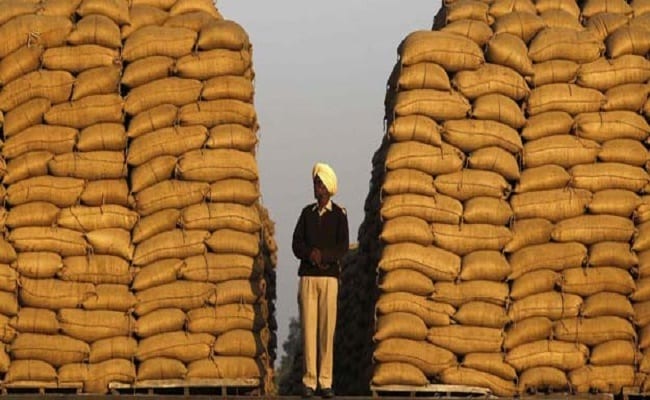
The rate of increase in wholesale prices is determined by the Wholesale Price Index (WPI)
Wholesale inflation in the country eased to 1 per cent in March from 2.26 per cent in the previous month, official data showed on Wednesday. Wholesale inflation - or the rate of increase in wholesale prices determined by the Wholesale Price Index (WPI) - cooled off on the back of a decline in food prices. The latest reading comes at a time when the country is in an extended lockdown to fight the spread of the coronavirus (COVID-19) pandemic.
The government said the provisional WPI figures for March were computed with a "low response rate" on account of the nationwide COVID-19 lockdown. "The figures are likely to be revised in a significant manner during release of final month," the commerce ministry said.
Wholesale food inflation stood at 4.91 per cent last month, as against 7.79 per cent in February, according to the data. In the vegetables category, wholesale inflation declined to 11.90 per cent in March from 29.97 per cent in the previous month. However, inflation in onion stood at 112.31 per cent in the month.
In the fuel and power segment, deflation - or negative inflation - stood at 1.76 per cent, and 0.34 per cent in manufactured products.
Separate data on Tuesday showed that consumer inflation - determined by the Consumer Price Index - stood at a four-month low of 5.91 per cent in March.
The RBI - which has set a medium-term goal of containing retail inflation at 4 per cent - tracks consumer inflation primarily while formulating its monetary policy. Some economists say consumer inflation - also known as retail inflation - might not remain the driver of policy in view of the coronavirus outbreak.






